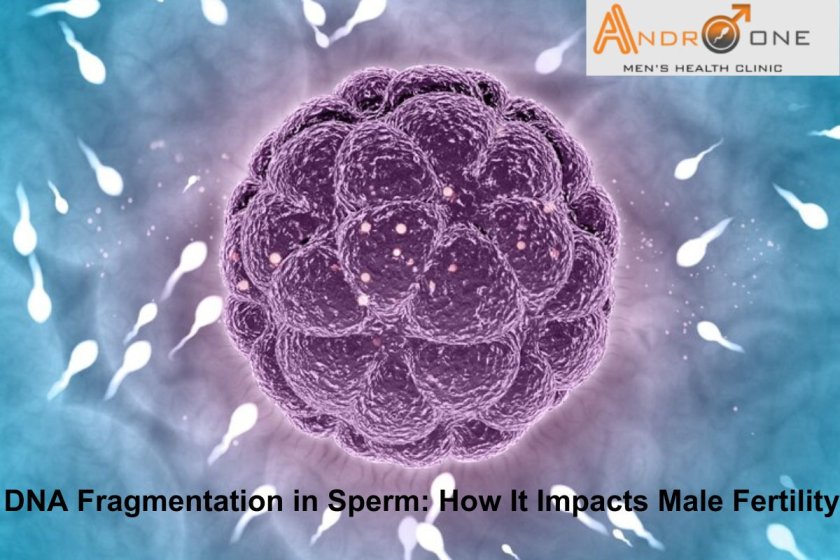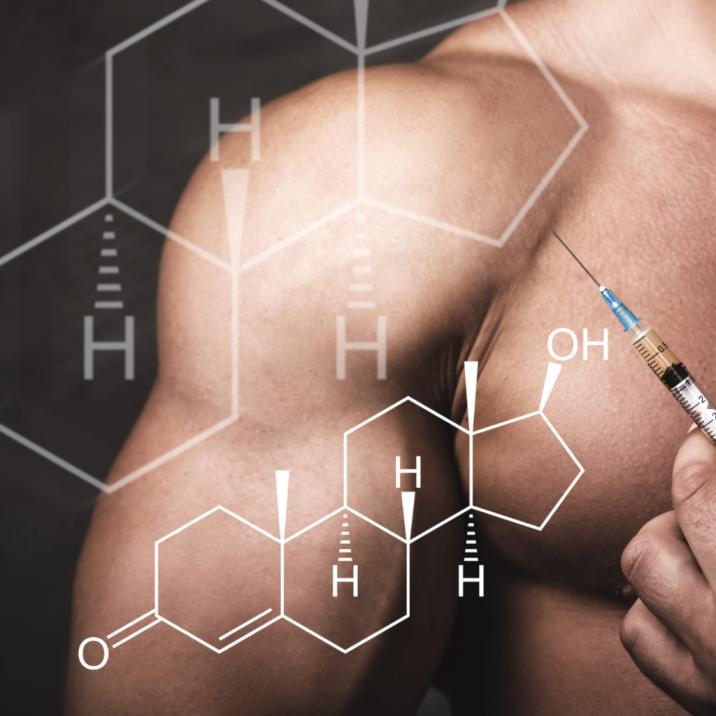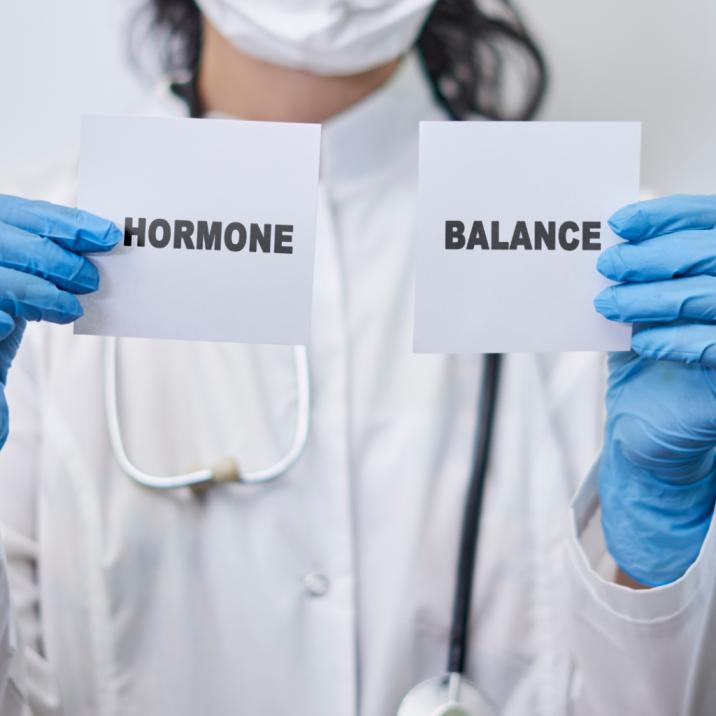DNA Fragmentation in Sperm: How It Impacts Male Fertility
Many factors affect male fertility, such as sperm health. However, one that is very crucial but least considered is DNA fragmentation in sperm. Broken DNA in sperm might reduce the likelihood of fertilisation. This blog will explain sperm DNA fragmentation, its impact on fertility, and possible solutions. Understanding DNA Fragmentation in Sperm This suggests that DNA fragmentation is indicative of damage to the genetic material in sperm cells. Every sperm carries DNA, which is very crucial for healthy embryos. Moreover, if this DNA breaks or becomes unstable, fertilisation may be compromised. In some cases, it can prevent successful conception and can even lead to miscarriage. The next is oxidative stress. The other condition that makes DNA fragments result is oxidative stress. An imbalance between antioxidants and free radicals causes it. It breaks the sperm’s DNA if the degree of oxidative stress is raised. This damages the quality and fertility potential of the sperm. Causes of DNA Fragmentation DNA fragmentation occurs for numerous reasons. Such fragmentation includes lifestyle habits, environmental conditions, and diseases. Such lifestyles or bad habits in terms of smoking, heavy intake of alcohol, and diet can all damage the DNA. Additionally, other environmental factors, toxic factors and high temperatures affect sperm quality. This may happen if there is any form of infection occurring within the reproductive tract. Furthermore, any high fevers contribute to fragmentation as well. Another factor that leads to DNA fragmentation is ageing. Older men have relatively higher amounts of DNA fragmentation in sperms than younger men. Moreover, elevated degrees of oxidative stress can stem from stress or sleepless nights, thereby elevating DNA fragmentation. How DNA Fragmentation Impacts Male Fertility? DNA fragmentation can severely damage male fertility. Although sperm with damaged DNA can fertilise the egg, their abnormal genetic content may block embryo development, causing failed implantation, miscarriage, or complicated pregnancy. A couple may have normal sperm count and motility but cannot successfully conceive. Moreover, high fragmentation levels may even influence assisted reproductive technologies. As an example, the effectiveness of IVF and ICSI may be relatively less if there is a lot of sperm DNA fragmentation. Therefore, the DNA fragmentation level plays a significant role in such couples seeking infertility treatment. Diagnosing DNA Fragmentation Specialised testing is needed to identify DNA fragmentation. Conventional semen analysis involves tests for sperm count, motility, and morphology. However, these tests do not indicate DNA damage. DNA fragmentation tests enable doctors to assess the extent of damage in the sperm cells. In case of high fragmentation levels, the doctors may advise lifestyle changes or treatments. If you wish to look for fertility counselling then go to the best Andrologist in Salem or the best sexologist in Namakkal. Apart from this, Tamilnadu experts in Andrology and men’s health can provide proper guidance and advise tests relevant to the condition. DNA fragmentation testing can help men who have experienced unexplained infertility. Ways to Reduce DNA Fragmentation in Sperm Lifestyle changes and proper care can improve the health of sperm. The below actions can help men reduce oxidative stress and thus lower DNA fragmentation. Adopt a Healthy Diet A well-balanced diet with antioxidants would reduce oxidative stress. Fruits, vegetables, nuts, and whole grains are excellent sources of antioxidants. Avoid Smoking and Alcohol Smoking and excessive alcohol intake can damage the DNA of sperm. Reducing these addictions may improve the health of sperm over time. Regular Exercise Physical exercises improve the health condition of a person and are meant to reduce oxidative stress but with intense workouts, damage by oxidation increases. Manage Stress Chronic stress increases oxidative stress and DNA damage. Some of the relaxation techniques include meditation, which can reduce the stress levels. Protect from Environmental Toxins Avoid exposure to harmful chemicals such as pesticides, pollution, and radiation. They cause DNA fragmentation and other problems with sperm. Maintain Optimal Testicular Temperature High temperatures have side effects on the sperm. So, hot baths or saunas are strictly avoided. Wearing loose clothes helps maintain a healthy temperature for sperm production. Medical Interventions and Advanced Fertility Treatments If lifestyle changes are not fruitful, then medical interventions could be helpful. Some supplements can treat men with high DNA fragmentation. Other antioxidant supplements include vitamins C and E, and zinc is known to improve sperm. Contact a men’s sexual health clinic in Tamil Nadu to learn more about the facilities. Advanced fertility treatments may also help one improve their chances. For example, ICSI techniques allow a doctor to select the best quality sperm to be used in fertilisation. However, it does not guarantee success in the pregnancy. Talking to a specialist will empower you to make informed choices. Bottom Line: Taking Steps for Better Fertility Outcomes DNA fragmentation in the sperm is one of the major causes of male infertility. A high degree of DNA fragmentation would make conception less likely and more likely to be miscarried. Therefore, DNA fragmentation is an area that needs to be addressed when fertility issues are involved. Additionally, lifestyle modifications, medical guidance, and high-tech interventions have minimised DNA damage. Now, the experts in andrology and men’s health in Tamilnadu would guide about the improvement in the health of sperm. Even minor changes are sufficient to improve sperm quality with DNA. And healthy sperm can further optimise male fertility potential and make support for the pregnancy journey well in itself.



















